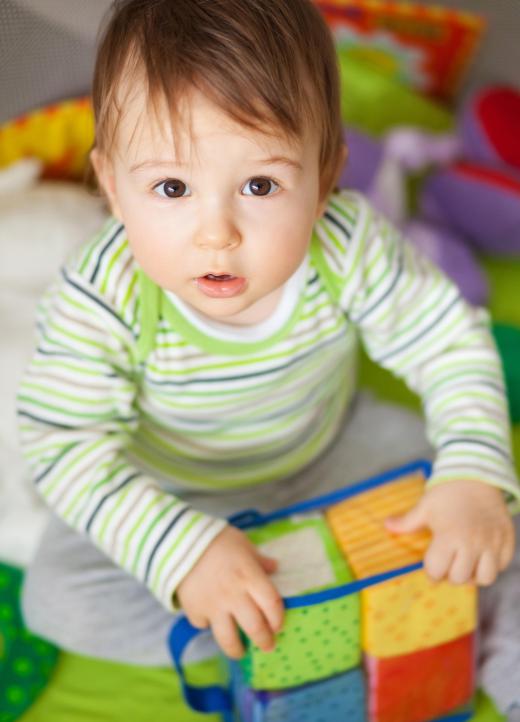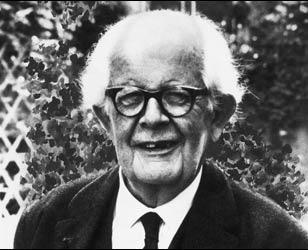What Is Cognitive Development?
Cognitive development is the changing process of thought, learning and perception as a child develops from infancy to adulthood. As cognition develops, children build on prior experiences, using these to help them make sense of the world around them. Researchers in the fields of neuroscience and psychology continually seek a better understanding of the connections between genetics, brain development, and environmental factors and how these interact during cognitive development. One of the pioneers in studying childhood cognitive processes was Jean Piaget. Although some of his work has fallen out of favor, much of what he discovered is still widely accepted.
Educators have long used Piaget’s cognitive theory to enhance childhood learning experiences. Awareness of the stages of cognitive development helps teachers create lessons appropriate to specific age groups and improves the chance of student understanding. Language and mathematical cognition changes as children develop. Knowing how children reason and think about mathematical concepts and language as they grow has been a key factor in developing school curriculum. As research advances, new discoveries in cognitive development are incorporated in teacher education classes.

For young children, discovery during play is vital in the development of both social and cognitive processes. While playing, children develop problem solving skills, the ability to plan, and basic mathematical thinking. They form a sense of themselves in the world as they manipulate toys and objects during play. Beyond playing with toys, researchers are studying the connections between pretend play and the development of higher-level cognitive skills such as abstract thinking. Through pretend play, children think in transformative, symbolic and emotional ways, which may activate more areas of the brain.

Psychologists and neuroscientists continue trying to answer the questions about how cognition and the brain develop from birth to adulthood. How children reason and learn at different ages continually changes. As they encounter new concepts or objects, cognition alters to fit these new things into their perception of the world. Classification systems, reasoning abilities and problem solving strategies change during cognitive development. How this happens is the focus of cognitive development research.

The relationship between cognitive disorders and problems with brain development is a growing area of study. Learning disabilities, Attention Deficit Hyperactivity Disorder (ADHD) and Autistic Spectrum Disorder are just some of the conditions linked to cognitive development problems. Cognitive disorders are characterized by long-term difficulties with learning and memory. Troubles with reasoning abilities and problem solving skills affect not only academic, but also social and behavioral areas. The exact causes of cognitive disorders are not fully understood.
AS FEATURED ON:
AS FEATURED ON:













Discussion Comments
@dfoster85 - I read a couple of books that I would recommend. One was Nurture Shock, which is about how all the conventional wisdom of child-rearing is wrong! It covers things like how to deal with lying, and it has a good section on child language development. In a nutshell, it says that the running commentary is less important than communicating with your baby. Pay attention to what s/he is looking at, and name those things. Respond when your baby babbles, as if you are having a conversation. Babies learn language through "conversation," through the response they get.
The other book I really liked was Pink Brain, Blue Brain. Some of it is quite technical, but you can skip those parts and just read the recommendations. It's mostly about how small the real differences are between girls and boys and how parents can work to minimize those. So, for instance, girls in particular benefit from formal training in spatial concepts, while boys need to be encouraged to talk and write and draw to develop their verbal and fine motor skills.
I've heard to talk to you baby, and I do that, but I'm not totally convinced that keeping up a running commentary is really going to do all that much! ("Now Mommy is putting her shoes on." "Should Mommy have tuna or grilled cheese for lunch?")
Post your comments